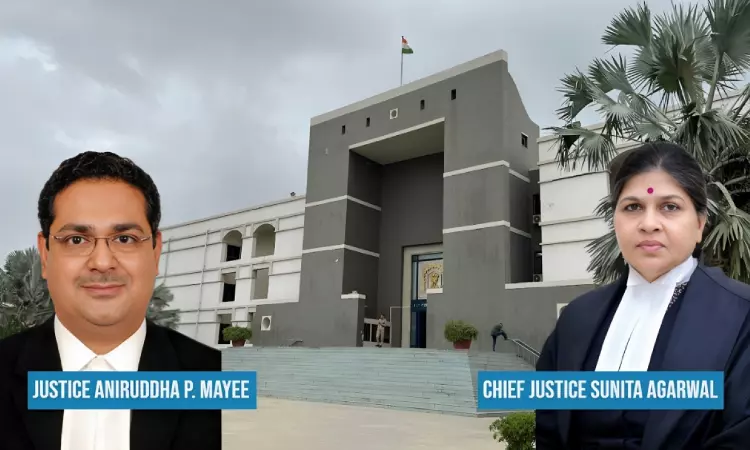Income Tax Act | Section 119(2)(B) Application Cannot Be Rejected Citing Vague & Arbitrary Reasons
Bhavya Singh
3 Jan 2024 3:00 PM IST

Next Story
3 Jan 2024 3:00 PM IST
In a recent ruling, the Gujarat High Court has emphasized that applications under Section 119(2)(b) of the Income Tax Act, 1961 must not be dismissed arbitrarily, especially when citing the absence of genuine hardship to the petitioner.The court stated that rejection on merits is unwarranted if the delay in filing the income tax return is not condoned.The ruling came in response to a...
